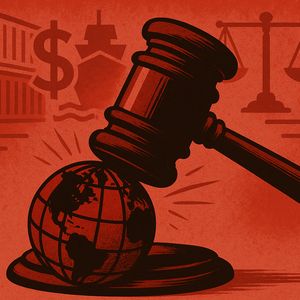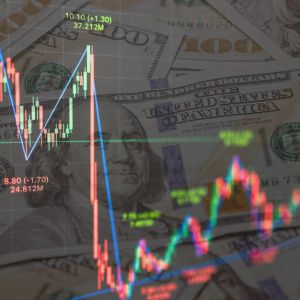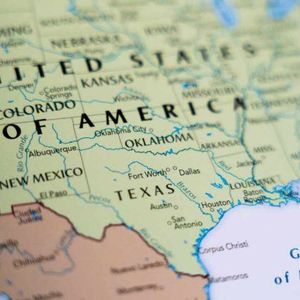En Okunan haberler
Feragatnameyi okuyun : Burada sunulan tüm içerikler web sitemiz, köprülü siteler, ilgili uygulamalar, forumlar, bloglar, sosyal medya hesapları ve diğer platformlar (“Site”), sadece üçüncü taraf kaynaklardan temin edilen genel bilgileriniz içindir. İçeriğimizle ilgili olarak, doğruluk ve güncellenmişlik dahil ancak bunlarla sınırlı olmamak üzere, hiçbir şekilde hiçbir garanti vermemekteyiz. Sağladığımız içeriğin hiçbir kısmı, herhangi bir amaç için özel bir güvene yönelik mali tavsiye, hukuki danışmanlık veya başka herhangi bir tavsiye formunu oluşturmaz. İçeriğimize herhangi bir kullanım veya güven, yalnızca kendi risk ve takdir yetkinizdedir. İçeriğinizi incelemeden önce kendi araştırmanızı yürütmeli, incelemeli, analiz etmeli ve doğrulamalısınız. Ticaret büyük kayıplara yol açabilecek yüksek riskli bir faaliyettir, bu nedenle herhangi bir karar vermeden önce mali danışmanınıza danışın. Sitemizde hiçbir içerik bir teklif veya teklif anlamına gelmez



















